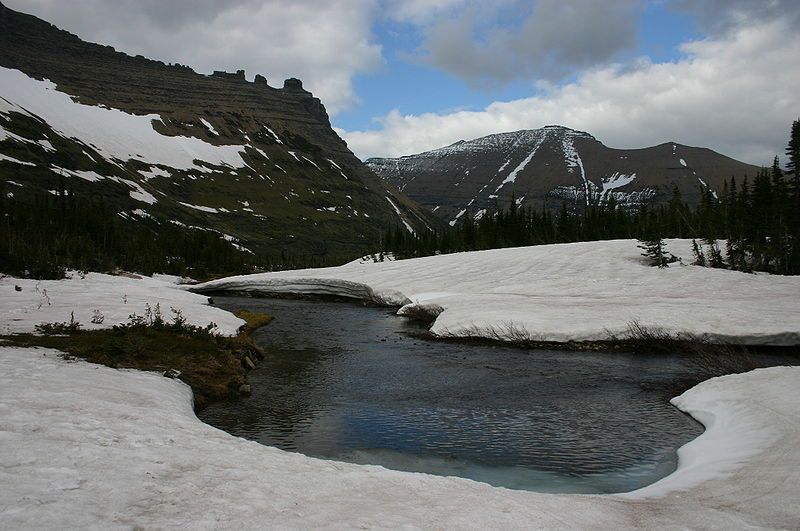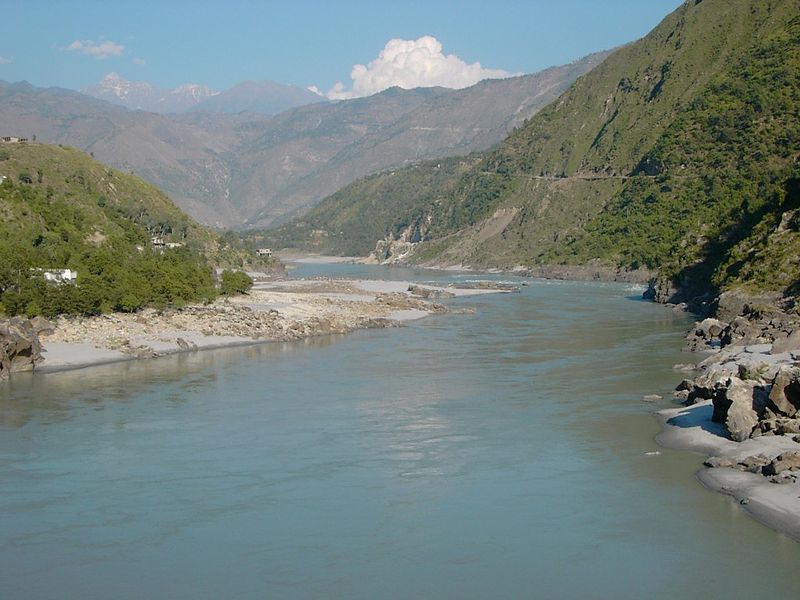Pakistan government to boost climate change research centre
Pakistan’s government has boosted the funding of a state institution that researches the impacts of climate change.

Pakistan’s government has boosted the funding of a state institution that researches the impacts of climate change.
The Global Change Impact Studies Centre (GCISC) has been granted autonomy, in an effort to increase the quality of its recommendations on climate resilience for government policy and programmes.
GCISC will focus on research aimed at helping sectors such as water management, agriculture, forestry and health become more resilient to climate change. The centre will collaborate with countries in South Asia, the Asia Pacific region and other developed nations to exchange scientific know-how, research and technology.
Founded in 2002, GCISC has been administered by the federal Ministry of Science and Technology and more recently the Ministry of Climate Change. But inadequate financing caused administrative difficulties.
Now the centre is likely to receive an increase of 20 to 30 per cent in its budget, which is currently 55 million Pakistani rupees (US$560,000), according to the Centre's senior officials.
GCISC’s increased funding will enable it to establish climate change impact study centres in all five of the country’s provinces and install the latest equipment to help make long-term scientific predictions of climate and weather systems. Watersheds, rainfall variability, weather monitoring, disaster preparedness and creation of climate-resilient infrastructure would be further areas of research for the centre.
The centre aims to make recommendations to government departments and agencies, as well as generating public awareness of the phenomena of climate change and its impacts through conferences, workshops, training courses and research papers.
Recently, GCISC signed a research agreement with Ev-K2-CNR, an Italian research organisation with long experience working in Pakistan’s northern mountain areas, where the impacts of climate change have become evident in the increased rate of glacier melt.
The two organisations will work on a pair of research projects in northern Pakistan, said Jawaid Ali Khan, director-general of the federal climate change ministry.
The federal minister for climate change, Rana Farooq Saeed Khan, said that glacial melt contributes 50 per cent of the total flow into the Indus basin, which is a lifeline for Pakistan’s farmers. According to the government, agriculture accounts for 23 per cent of Pakistan’s GDP and 44 per cent of overall employment.
